When Moody’s upgraded Saudi Arabia’s credit rating, citing the Kingdom’s strides in economic diversification, it underscored a critical milestone: Saudi Arabia is pivoting from its reliance on oil to a broader, more dynamic economy. Behind these financial metrics, however, lies a profound societal transformation—reshaping how Saudis live, work, and see themselves in a rapidly changing world.
This transition reflects both opportunity and complexity. As non-oil sectors like tourism, technology, and entertainment expand, they are fostering innovation, creating jobs, and redefining cultural norms. Yet, as with any large-scale transformation, these changes come with challenges that require measured navigation.
A Shift in Workforce Dynamics
For decades, a government job was synonymous with stability and status in Saudi Arabia. Today, that narrative is changing. Reforms under Vision 2030 have invigorated the private sector, offering opportunities that were virtually nonexistent a decade ago.
Take Abdullah, a young graphic designer in Jeddah. Leaving the security of a government position, he joined a creative agency—a bold move that initially met with family skepticism. “It wasn’t easy convincing them,” Abdullah shared, “but now they see how much I’ve grown—not just professionally, but personally.” His journey reflects a broader trend: Saudis, especially the youth, are entering industries like tech, entertainment, and hospitality, reshaping the Kingdom’s labor market.
Statistics tell a similar story. In 2023, the private sector accounted for 60% of new jobs, according to the General Authority for Statistics. Initiatives like the Freelance Visa and support from the Small and Medium Enterprises Authority (Monsha’at) are enabling entrepreneurship and driving innovation.
Tradition and Modernity: Striking a Balance
Economic diversification has unlocked a wave of creativity, blending modern innovation with Saudi Arabia’s rich traditions. Projects like Diriyah Gate—a $50 billion cultural and tourism initiative—aim to preserve heritage while appealing to international audiences.
For older Saudis, this shift can feel abrupt. Family picnics in the desert, once a hallmark of Saudi social life, have evolved into gatherings in urban parks or bustling entertainment hubs. Yet, many are beginning to see the coexistence of tradition and modernity. As one elder explained, “Change is part of life, but our roots remain.”
For the younger generation, these shifts are a natural part of their upbringing. Festivals like Janadriyah thrive alongside events like the Riyadh Season, which drew over 12 million visitors in 2022. This duality—proudly rooted in history yet confidently embracing global trends—defines a new Saudi identity.
The Broader Impact: Hope and Challenges
Economic diversification is about more than job creation—it’s about fostering hope and purpose. Entrepreneurs like Sarah Al-Mutairi, founder of a sustainable fashion brand, embody this shift. “Starting a business here used to feel impossible,” she said. “Now, there’s real support from both the government and society.” Programs like Monsha’at offer resources that were previously unavailable, enabling innovation at all levels.
However, the pace of change also presents challenges. Regional disparities persist, and there are gaps in workforce readiness for high-skill roles. Additionally, balancing traditional values with rapid modernization remains an ongoing conversation.
A Global Benchmark?
Saudi Arabia’s efforts are often compared to other oil-dependent economies like the UAE or Qatar, but its scale and ambition—manifest in mega-projects like NEOM—make it unique. Observers have noted the Kingdom’s determination to position itself as a global hub for innovation, but achieving this requires addressing both economic and social complexities.
A Journey of Transformation
Saudi Arabia’s diversification journey is redefining more than its economy—it’s reshaping its people and their aspirations. Stories like Abdullah’s career shift and Sarah’s entrepreneurial journey highlight a society in motion, navigating the intersection of past and future.
For a nation long defined by oil, the ultimate success lies not just in creating jobs but in fostering a sense of belonging and purpose—a testament to the resilience and creativity of Saudi society as it charts its course in the 21st century.
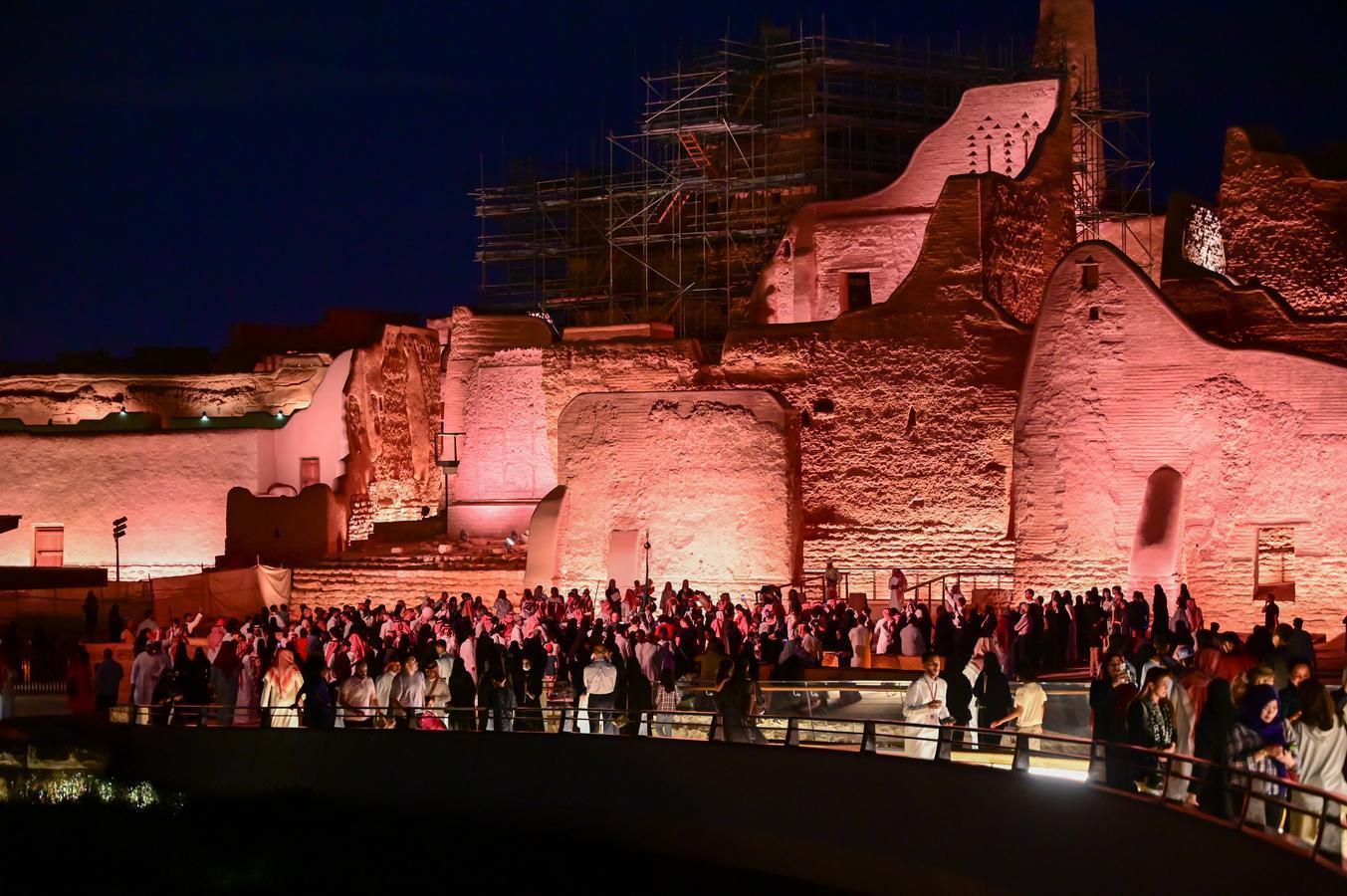
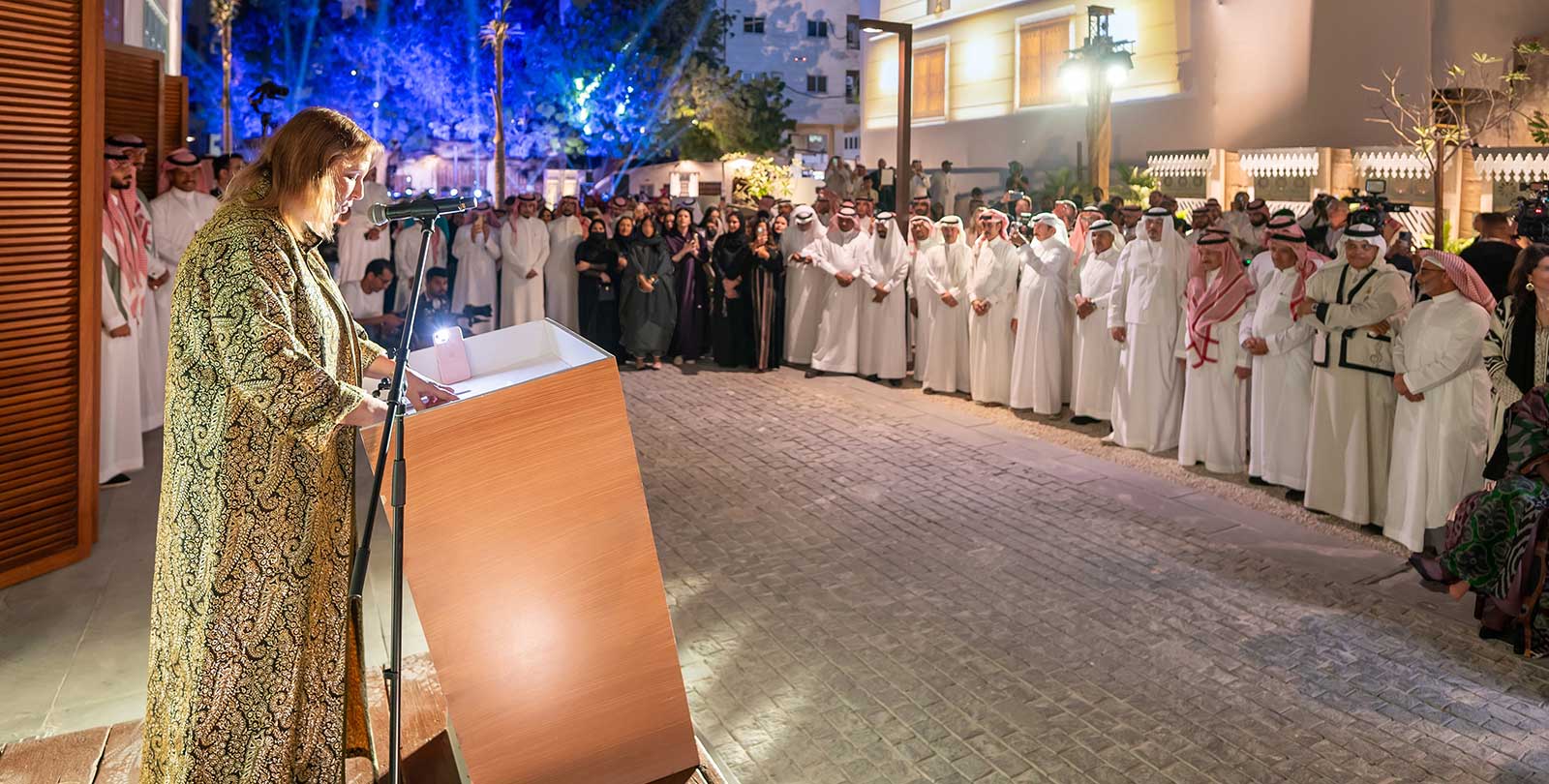
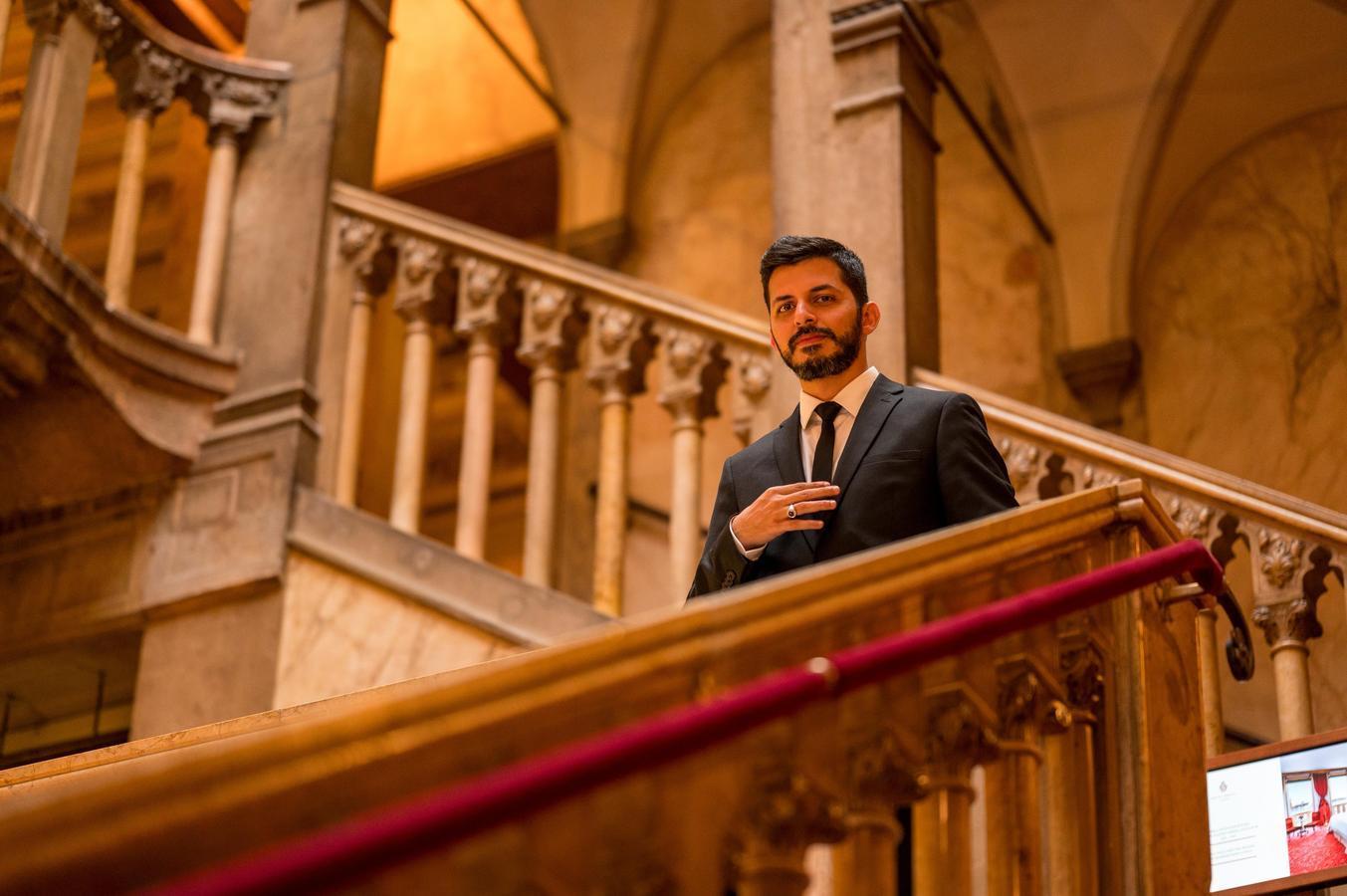
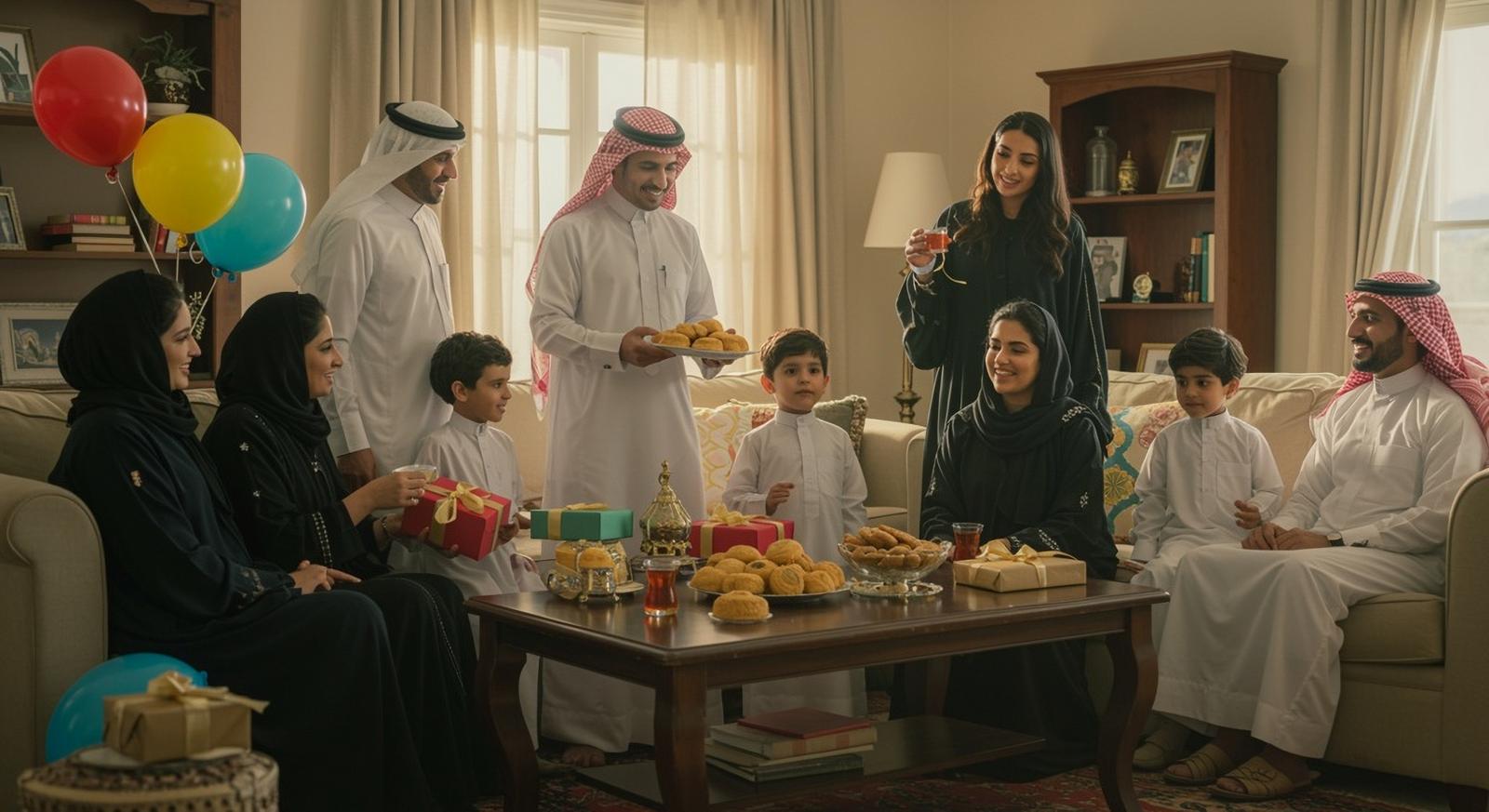
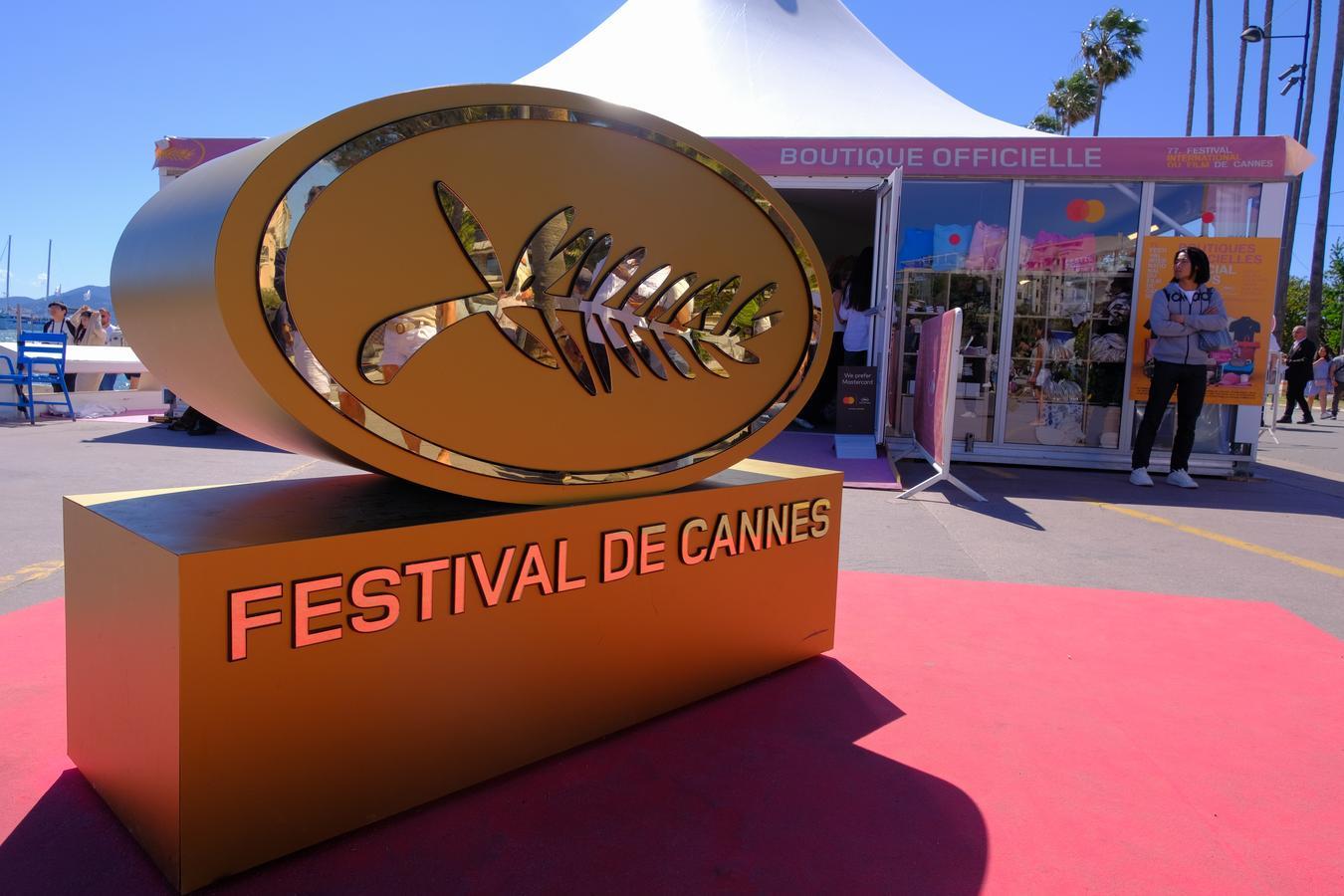
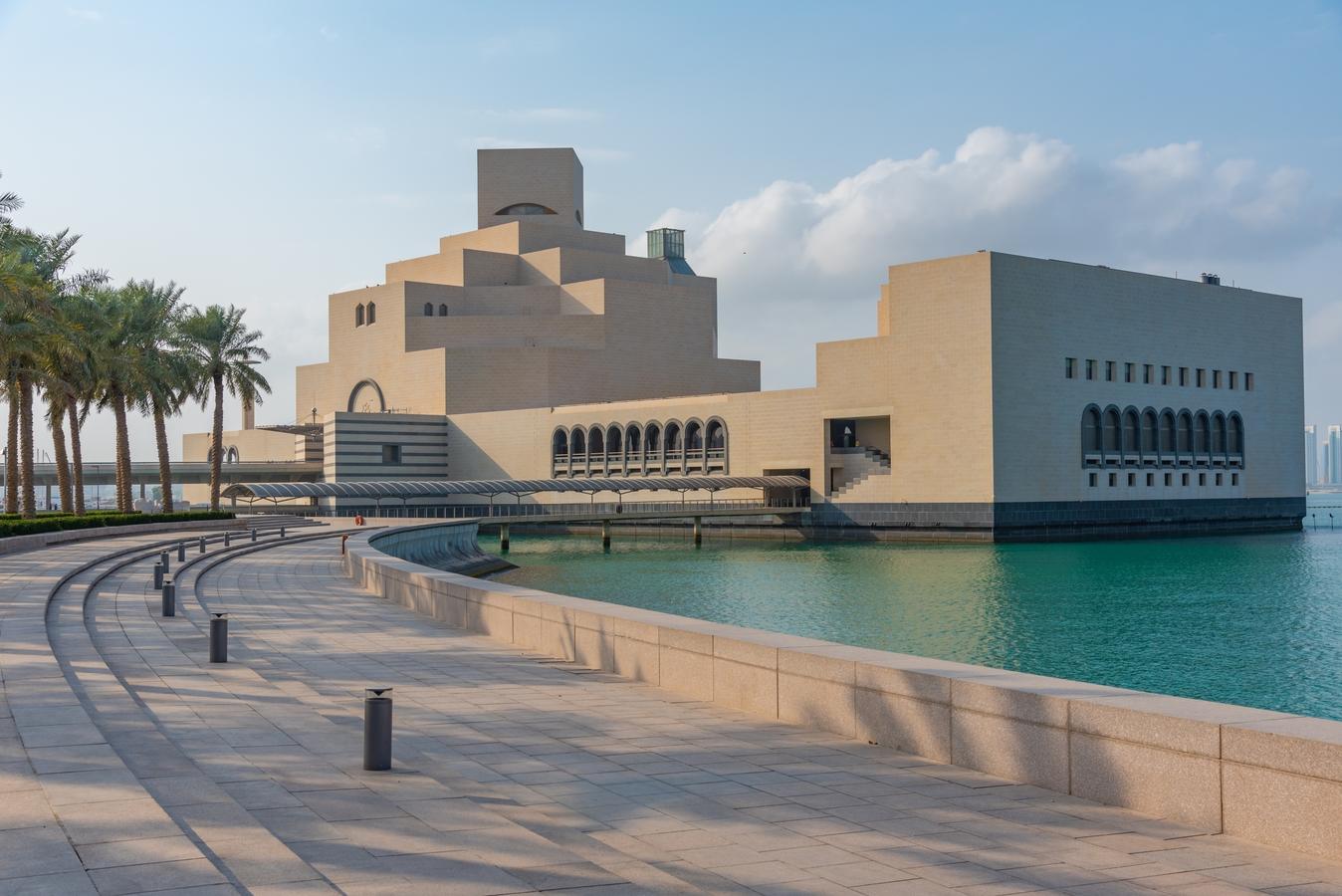
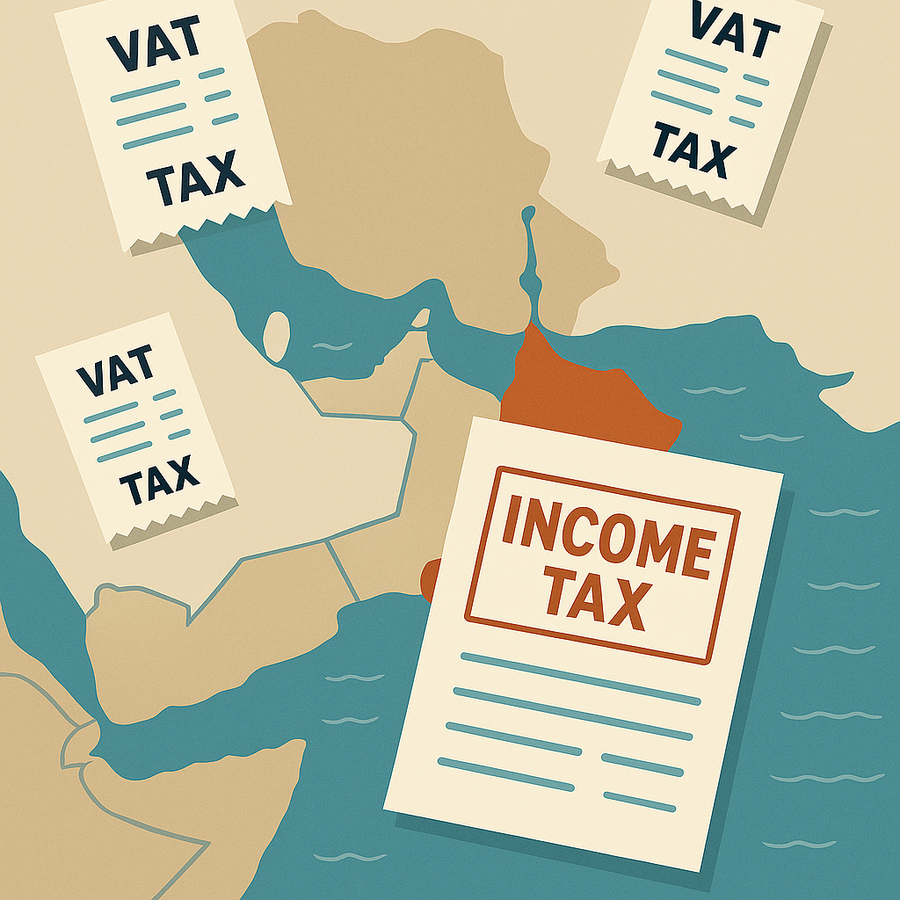
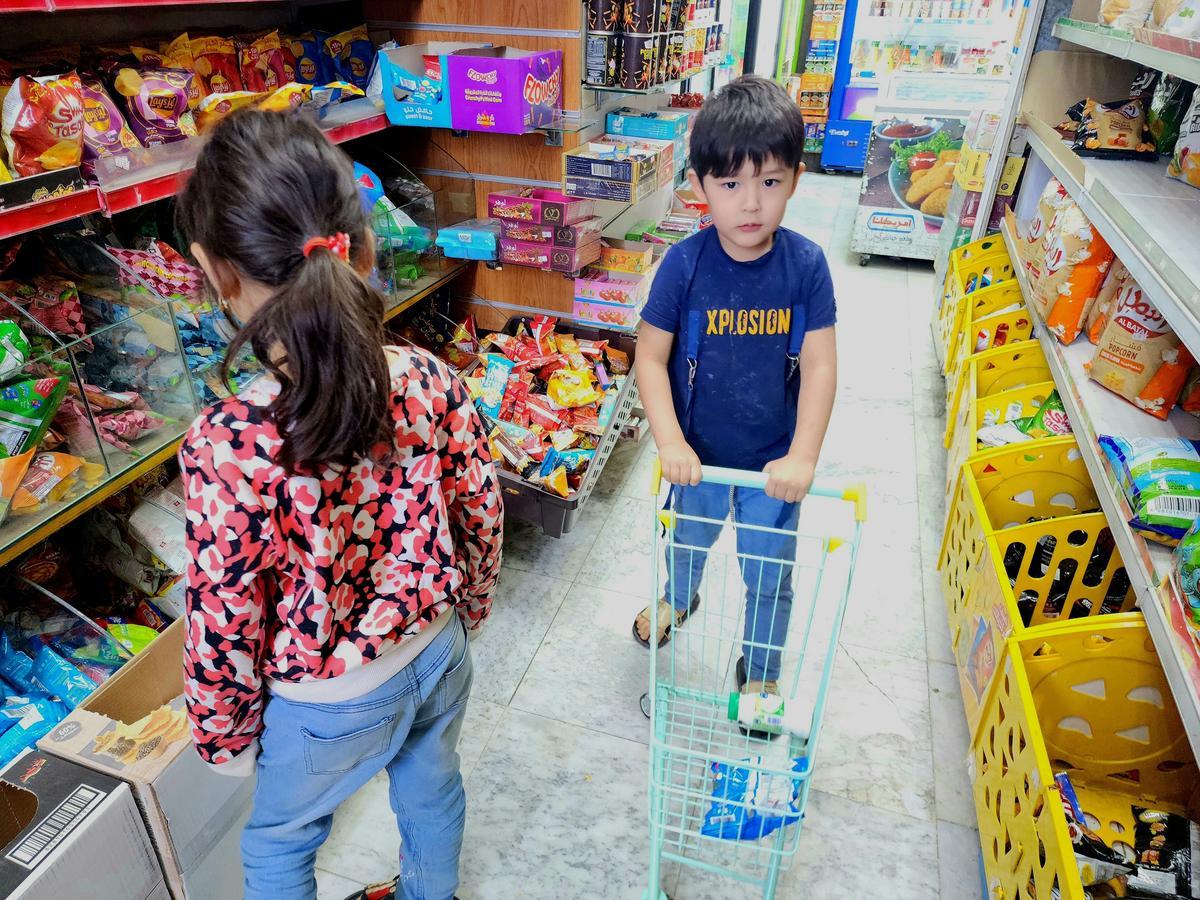
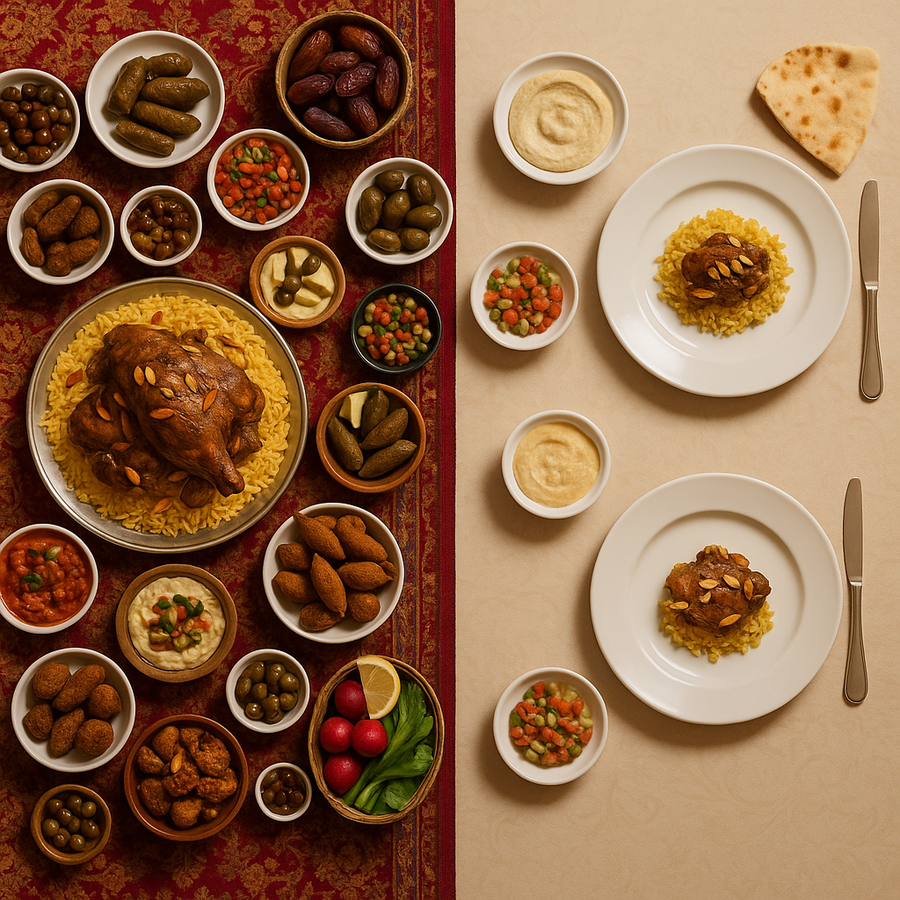
0 Comments
No comments yet. Be the first to comment!